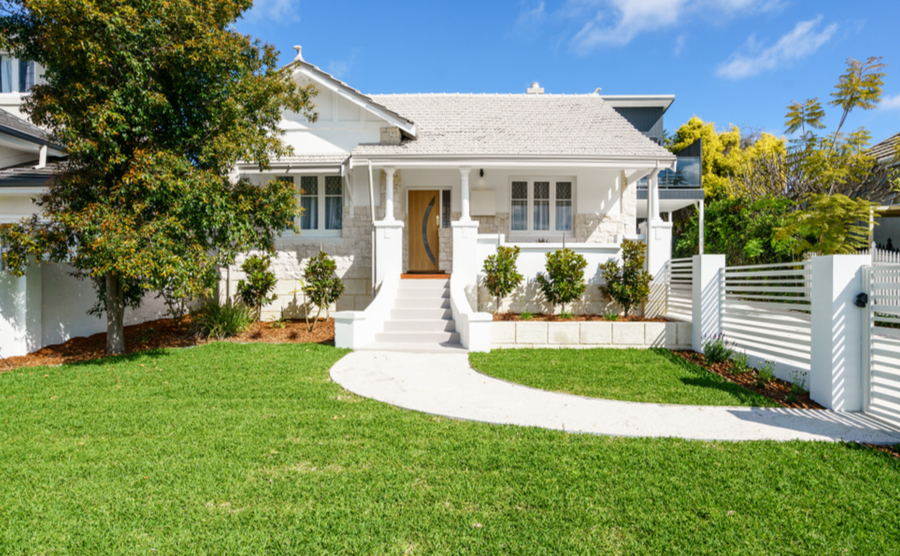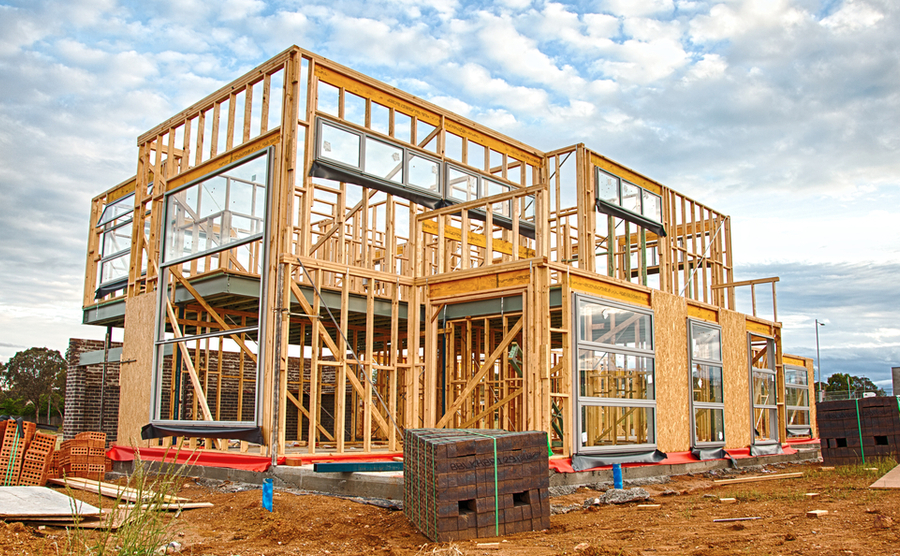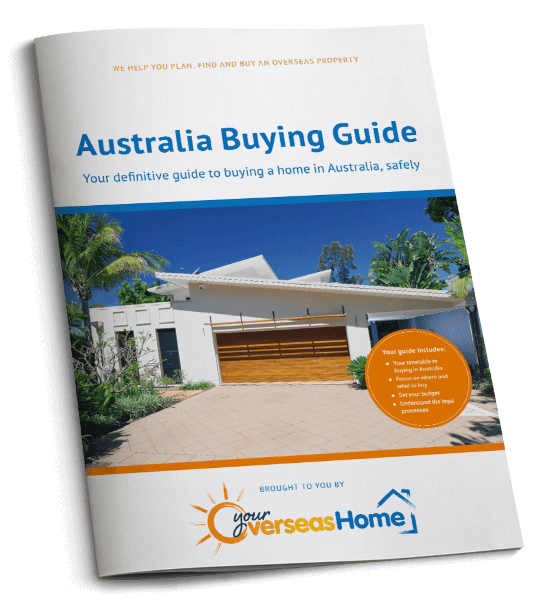Buying a home in Australia as a non-resident can be complex. Whether you are buying from afar or are only on a temporary visa, you’ll have to seek approval from the Foreign Investment Review Board. There are also restrictions on the type of home you can buy. Let’s unpack it.
While you can purchase a property in Australia as an overseas buyer, there are differences in allowances for foreign investors and those that intend to move to and live in Australia.
Broadly speaking, a foreign investor is someone who is not an Australian citizen or a permanent resident and wants to buy property there. For a more comprehensive look at what being a foreign investor means in Australia, visit the government website.
FIRB
Although its sound a little bit like a cartoon character, FIRB, is far more serious than that. The Foreign Investment Review Board (FIRB) approve the property purchasing plans of foreign investors. Their rules mean that foreign investors can only purchase a new build or a vacant land, with plans to build a home.
In addition, there are allowances for those seeking to buy an established dwelling in order to redevelop it, for example turn one home into two.
This is because the Australian housing stock is under immense pressure. So, the intention is for foreign investors to create more housing rather than intensify competition for existing homes.
However, if you are a temporary resident in Australia, then the rules around the type of property that you can buy are looser. You can buy a single established dwelling. But you will still need approval from FIRB. Plus, you will be limited in your ability to rent out any part of the property, unless you later become a permanent resident.
Furthermore, the FIRB does require an application fee, which will be dependent on the cost of your property.
Are there any exceptions?
Other than being an Australian citizen or a permanent resident yourself, if you are buying jointly with an Australian citizen (even if they live overseas too) then you do not have to seek approval from FIRB. So, if, for example, you and your Australian wife are based in the UK but are looking to buy a home near her family for visits or to eventually move to, the process will be considerably more straightforward.
How much deposit do you have to pay as a foreign investor?
Generally, home buyers are required to pay a 20% home loan deposit on their purchase. But foreign investors are generally required to pay at the higher rate of 30%.
Annual vacancy charge
If you choose not to live in your Australian property or to rent it out, then you, as a foreign owner, will have to pay an annual vacancy charge. In terms of renting it out, it must be rented out for 183 days or more in a twelve-month period. So renting to holidaymakers sporadically will not prevent you from paying this charge. The aim of this is to make more housing available to Australians.
If you first purchase land, you will not have to pay the annual vacancy charge until a property has been constructed on the site.
Furthermore, if you stop being a foreigner, then you will no longer have to pay the annual vacancy charge.
For more information, go to the government site.
Taxes on rental property
If you choose to rent out your property, you will be taxed on the income. You will have to lodge an Australian tax rent and the costs of maintenance can be claimed as a deduction.
Plus, if the property rises in value and then you sell it, you will have to pay Capital Gains Tax (CPT). See here for more information.
How popular is it to be a foreign investor in Australia?
According to the Financial Review, in 2021-21, overseas buyers accounted for 0.75% of the number of residential sales. The largest international group of overseas investors is China, followed by Hong Kong and Vietnam. It is, however, felt that these figures will increase given that Australia’s property market is no longer under the grip of the pandemic.
Suggested reading:









